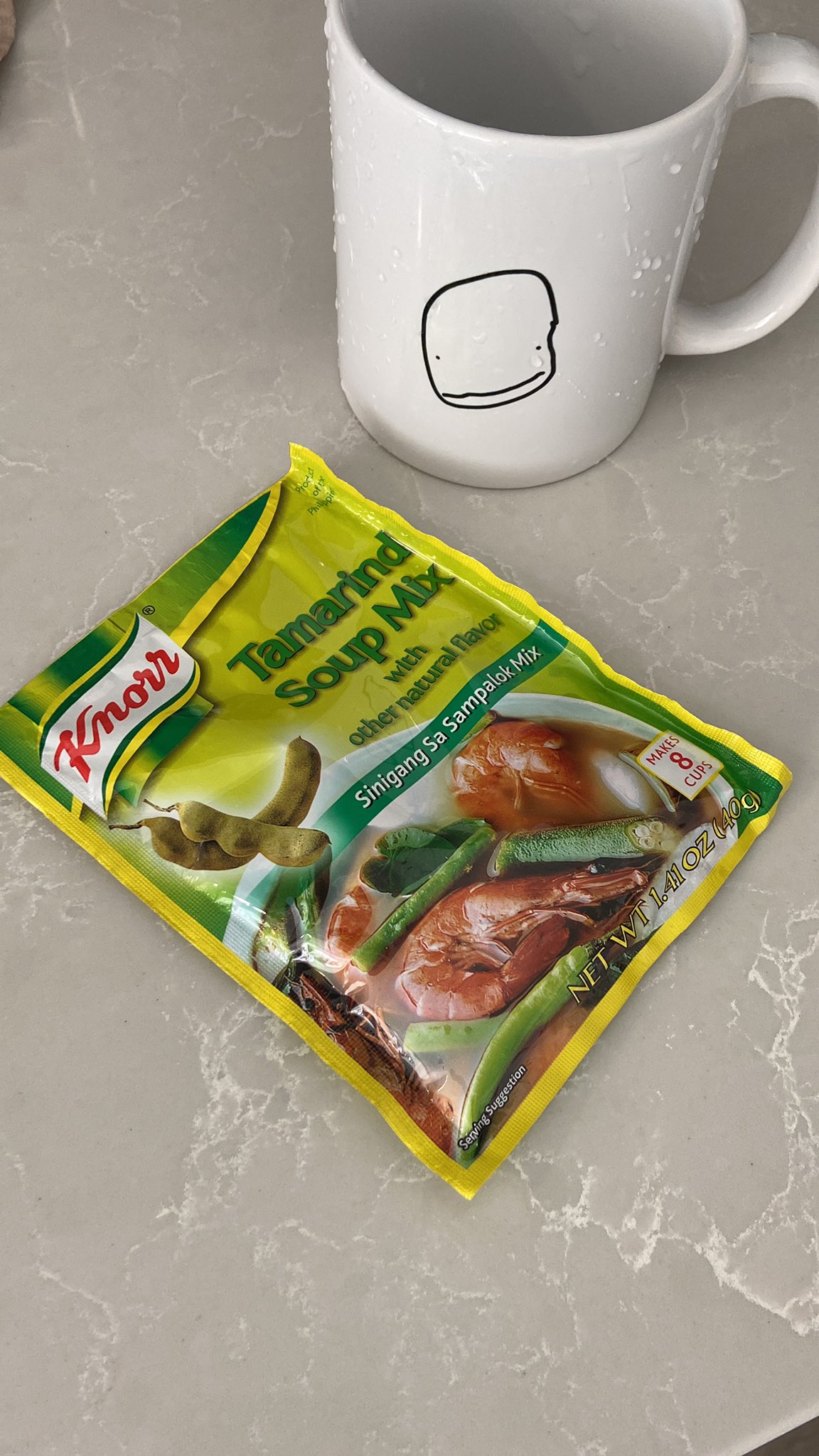Pinoy baiting is a term used to describe the act of intentionally provoking or insulting Filipinos or Philippine culture for the purpose of eliciting a strong emotional reaction. This phenomenon often occurs on online platforms such as social media or forums, where individuals may use derogatory language or stereotypes to incite anger or outrage among Filipinos.
Also Read: What is Bugtong? Samples of Bugtong (Mga Halimbawa ng Bugtong)
In this blog, we will look at what causes this phenomenon, and how Filipinos should respond and deal with this moving forward.

The cause of Pinoy baiting today can be attributed to a number of factors. One of the main drivers is the anonymity and distance provided by the internet, which allows individuals to make inflammatory comments without fear of consequences or retaliation. Additionally, some individuals may engage in Pinoy baiting as a form of entertainment or to gain attention or followers on social media.
Moreover, negative stereotypes and misrepresentations of Filipinos in popular media can contribute to a culture of prejudice and discrimination, which in turn fuels Pinoy baiting. Economic factors, such as the outsourcing of jobs to the Philippines, can also create resentment and animosity towards Filipinos from other countries.
Overall, Pinoy baiting is a complex issue with multiple causes, and requires a concerted effort from individuals and society as a whole to combat and prevent.
Pinoy Baiting and Clout
Pinoy baiting and clout are sometimes linked, as some individuals may engage in Pinoy baiting to gain clout or attention on social media. By posting derogatory or inflammatory comments about Filipinos or Philippine culture, these individuals may attract a large following or increase their social media engagement.
However, it is important to recognize that this type of behavior is harmful and offensive and should not be condoned or encouraged.
Engaging in Pinoy baiting for the sake of clout or attention is a shallow and unethical way to gain popularity, and only serves to perpetuate negative stereotypes and discrimination against Filipinos.
Instead, individuals should use their platforms to promote positive and inclusive messages, and to celebrate the diversity and richness of different cultures and communities. By doing so, they can build genuine connections with their audience, and contribute to a more respectful and understanding society.
Examples of Pinoy Baiting
- Mocking the Filipino accent or language
- Using products related to Filipino culture

 Credits: Twitter
Credits: Twitter- Using derogatory language or stereotypes to insult Filipinos or their culture
Dear Filipinos: I apologise for offending you. My comment was about food preferences and poorly-phrased. What I meant was that Filipino food is my least favourite in the region. I apologise for my bad wording.
— Kate Walton (@waltonkate) May 6, 2019
Common Forms of Pinoy Baiting
Reaction Videos
Reaction videos are a popular form of content on social media platforms where individuals film themselves reacting to specific content, such as movies, TV shows, or viral videos. Unfortunately, some content creators use this format to bait Filipinos by including offensive or insensitive content, such as mocking Filipino accents, cuisine, or culture. These videos often gain attention and views, perpetuating harmful stereotypes and further fueling anti-Filipino sentiments.
Vlogs
Vlogs, or video blogs, are another popular form of content that can be used for Pinoy baiting. Some vloggers travel to the Philippines and document their experiences in a disrespectful or insensitive manner. This can include mocking local customs and traditions, making fun of local accents, or belittling the country’s infrastructure and development. These vlogs often gain popularity due to their shock value and reinforce negative stereotypes about Filipinos.
Some travel vloggers use Pinoy culture in their content to gain attention and increase their views. These vloggers often highlight unique aspects of Filipino culture, such as food, music, and festivals, to attract viewers to their content. While this may seem harmless, it can also perpetuate stereotypes and contribute to the commodification of culture.
One way that travel vloggers use Pinoy culture is by showcasing the country’s cuisine. Filipino food has gained popularity in recent years, with dishes such as adobo, lechon, and sisig becoming more widely known. Vloggers will often try these dishes on camera and share their reactions, which can help introduce Filipino cuisine to a wider audience. However, some vloggers may also make insensitive comments about the food or culture, such as calling Filipino food “strange” or “weird”, which can be hurtful and contribute to negative stereotypes.
How to Stop Pinoy Baiting
Pinoy baiting is a harmful practice that perpetuates negative stereotypes and can lead to discrimination against Filipinos. Here are some steps you can take to stop Pinoy baiting:
- Speak out: When you encounter Pinoy baiting, speak out against it. This can be as simple as leaving a comment on a social media post or video, or engaging in a conversation with someone who is engaging in harmful behavior. Use your voice to call out stereotypes and prejudices and promote understanding and respect for different cultures.
- Educate others: Many people engage in Pinoy baiting without realizing the harm they are causing. Take the time to educate others about the impact of their words and actions. Share information and resources that promote cultural understanding and appreciation and encourage others to learn about different cultures and perspectives.
- Support positive content: Choose to support content creators who promote understanding and respect for different cultures. Share positive content on social media and engage with creators who celebrate diversity and promote cultural understanding.
- Report harmful content: If you come across Pinoy baiting that is particularly harmful or offensive, report it to the platform where it is hosted. This can help to remove harmful content and prevent it from spreading further.
- Celebrate diversity: Finally, celebrate diversity and promote cultural understanding in your own life. Learn about different cultures, try new foods, and explore new perspectives. By celebrating diversity, we can create a more inclusive and respectful world for everyone.
Video: “Pinoy Baiting” o paglikha ng content na may elementong Pinoy, stratehiya ng ilang vloggers para makakuha ng views
In this episode of State of the Nation, we delve into the topic of Pinoy baiting, a harmful practice that perpetuates negative stereotypes and prejudices against Filipinos. We explore how some content creators on social media use Pinoy culture to gain attention and views, while also discussing the impact of this phenomenon on Filipino society. Through insightful interviews and discussions with experts, we shed light on the importance of promoting cultural understanding and respect and offer practical tips on how to stop Pinoy baiting.
Summary
In conclusion, Pinoy baiting is a serious issue that needs to be addressed. It perpetuates negative stereotypes and prejudices and can lead to discrimination against Filipinos. It is important for us as a society to promote cultural understanding and respect, and to call out those who engage in harmful behavior. By educating ourselves and others, supporting positive content, and celebrating diversity, we can work towards creating a more inclusive and respectful world for everyone. It is up to us to take a stand against Pinoy baiting and promote a culture of empathy, understanding, and respect.
READ NEXT: 12 Positive Filipino Traits and Values